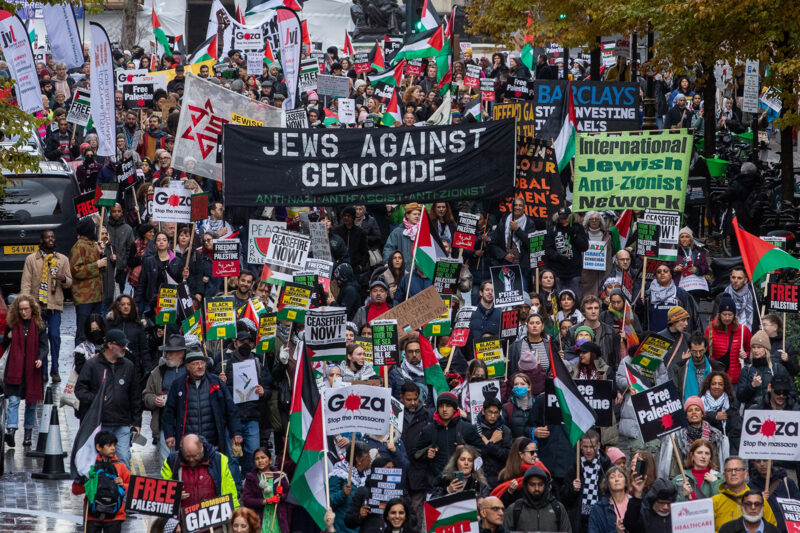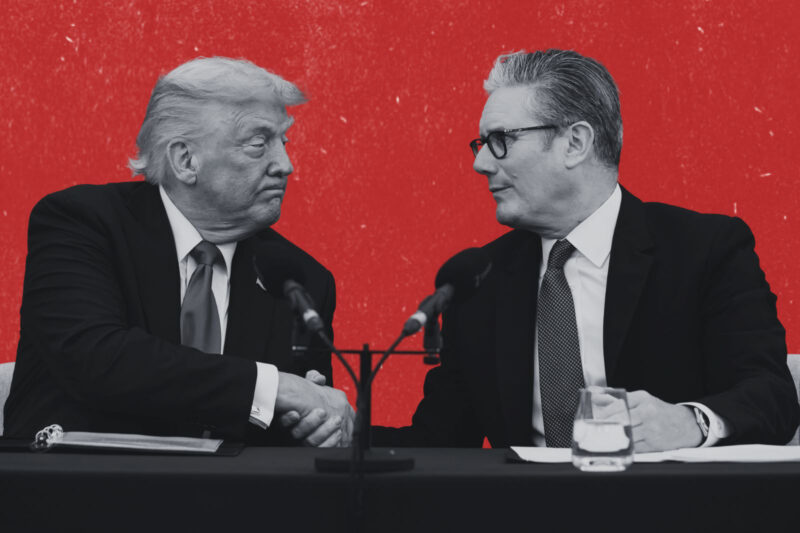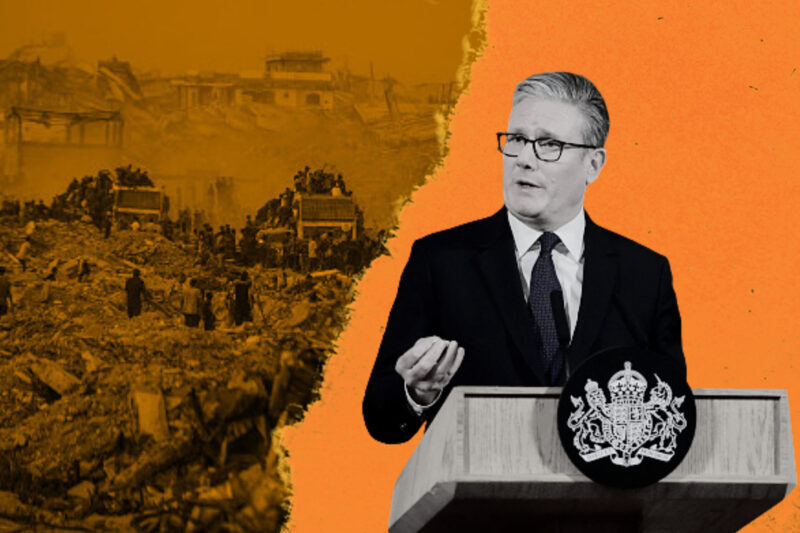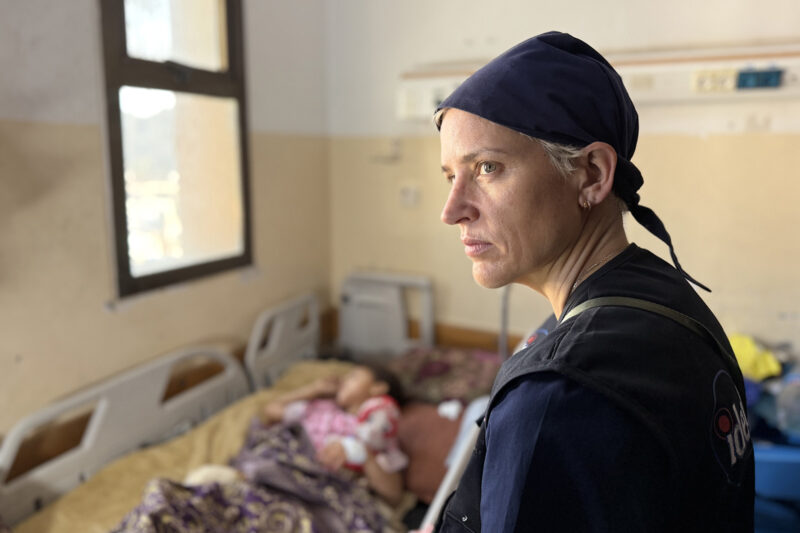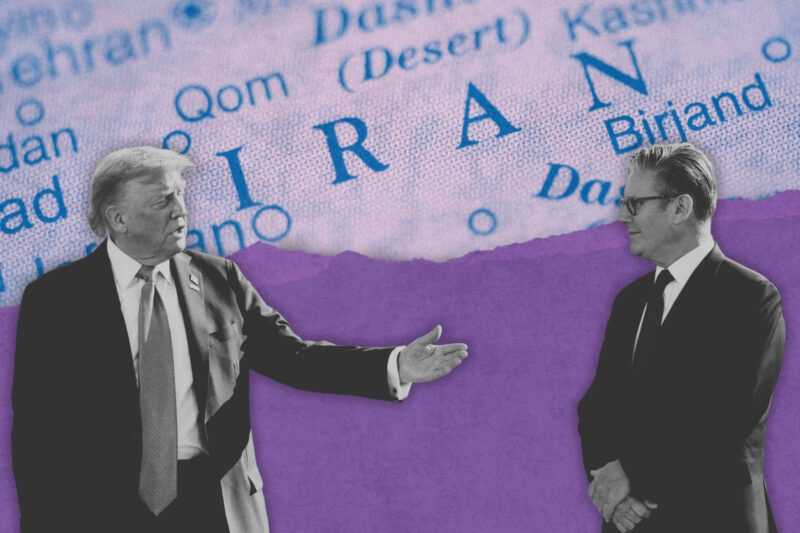UK hopes diplomacy can de-escalate Middle East crisis — but it needs Europe’s help
Beyond evacuating its own citizens, and with little appetite to halt arms sales, Britain’s power to calm tensions between Israel, Hezbollah and Iran is limited
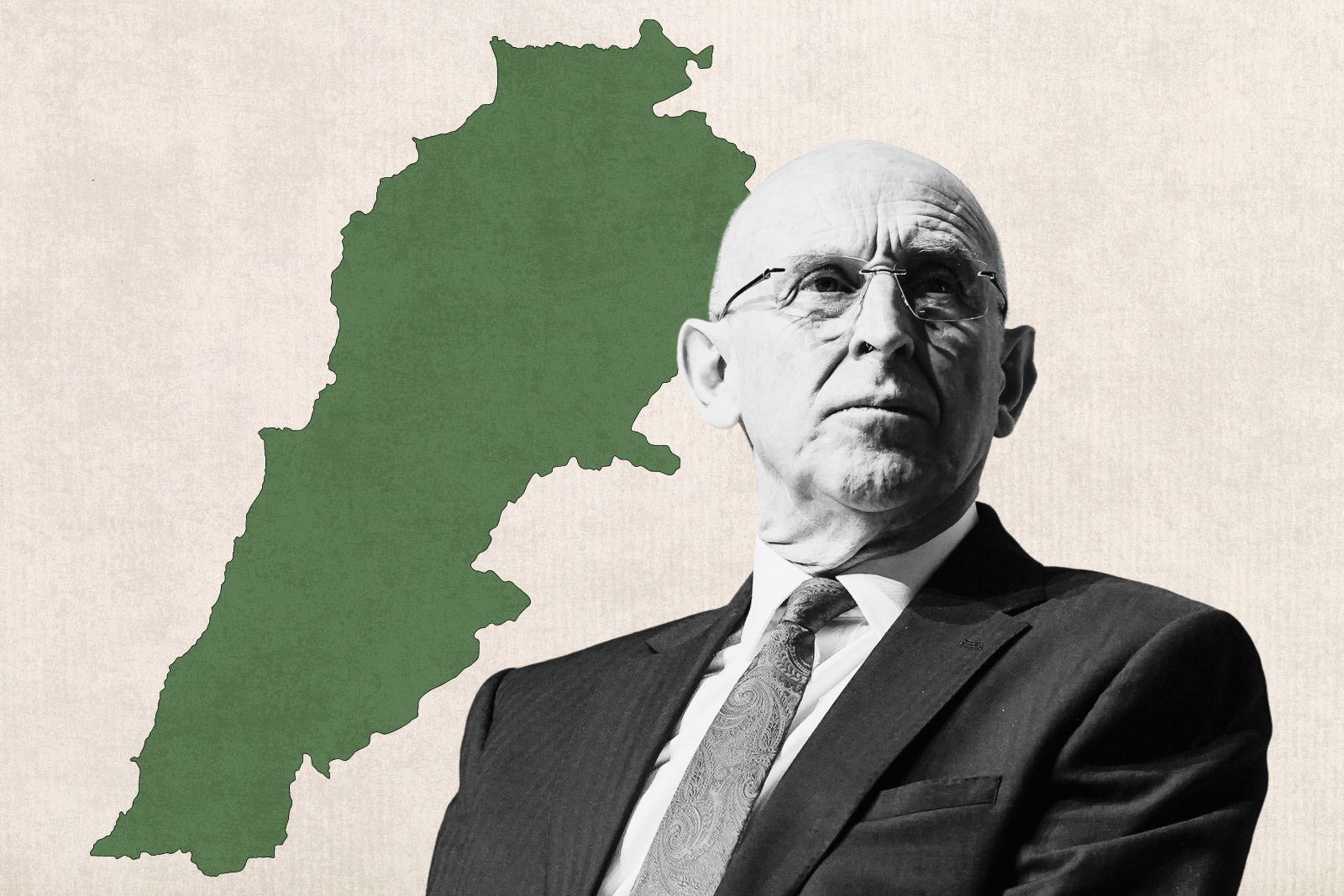
The latest escalation in the Middle East is a development the western world had been dreading. As Israel sends more troops into Lebanon and Iran fires rockets into Tel Aviv, the prospect of all-out war in the region seems closer now than it has been in decades.
Keir Starmer on Tuesday night used an address from Downing Street to condemn Iran’s attack and reiterate the government’s long-standing position of standing with Israel and recognising its right to self-defence.
Although work was being done through diplomatic channels to try and avoid this escalation, I am told it was a scenario for which the UK government had been preparing for “some time”.
Last week, as Labour held its first annual conference in government since 2009 and Starmer prepared to deliver his first speech to party members as prime minister, his defence secretary John Healey left early — something of a surprise. All eyes were on Liverpool, but Healey had sped back to London to chair an emergency Cobra meeting with security officials to discuss the possibility of a serious escalation in Lebanon and what the UK’s role should be.
The government’s number one priority is to ensure the safety of British citizens. Speaking to security sources last week, I was told work had been done on evacuation plans for British nationals, of which there could be more than 4,000 in Lebanon. Getting Brits out of Lebanon involves cooperation with western allies, with a plan A of using the airport if possible — something that was due to begin on Wednesday. In a scenario with Beirut airport under attack or otherwise out of use, plans have been drawn up to use the sea if needed — although this would take longer and logistically is likely to be harder.
Soon after the emergency Cobra meeting in September, more than 700 UK troops were moved to RAF Akrotiri in Cyprus, while Royal Navy ships RFA Mounts Bay and HMS Duncan were told to stay in the eastern Mediterranean. This, of course, took place before there had been a major escalation in Lebanon. Government sources say intelligence had suggested something significant was on the horizon, with Israel’s deadly attacks using explosive devices inside pagers and other electronic devices — leaving dozens in Lebanon dead, including children — having taken place days earlier.
With the situation now worsening, the UK is well placed to get Brits home. Those who are stuck in the region are being told to register their presence online with UK-chartered planes preparing to leave Beirut. But there is still a major logistical challenge — it’s not easy to get worried citizens safely onto planes in the middle of a warzone — and, as we saw with the evacuations in Afghanistan when western forces withdrew hastily in 2021, these evacuation missions become more difficult as the situation worsens.
Alongside the evacuation, there is also a diplomatic role the UK can play. Starmer was actually on a call with Benjamin Netanyahu when missiles from Iran were launched, and his Israeli counterpart reportedly had to cut it short as a result. Starmer did call for a ceasefire in Lebanon during the conversation, according to a readout from No 10. As one one diplomatic source told me, the UK’s influence on Israel or indeed any major actor in the region is not particularly significant — but the UK can still exert diplomatic pressure as part of a larger western bloc. Starmer had two separate phone calls with German leader Olaf Scholz and French president Emmanuel Macron on Tuesday evening and we are told that the three agree that further escalations are not in anyone’s interests.
That work is likely to continue as the government repeats the line that it both supports Israel and wants escalations to stop. While some will be calling for the UK to stop selling arms to Israel or to intervene more aggressively to stop the conflict, this does not appear to be on the cards; instead, international diplomacy is likely to be the preferred strategy for the UK government to try and calm things down, if that is at all possible.
Shehab Khan is an award-winning presenter and political correspondent for ITV News
 Newsletter
Newsletter


